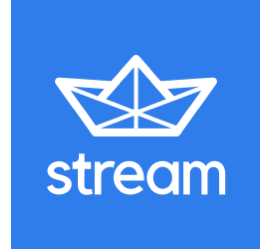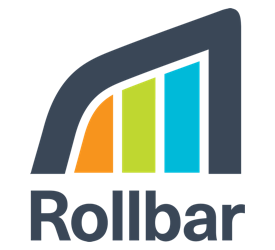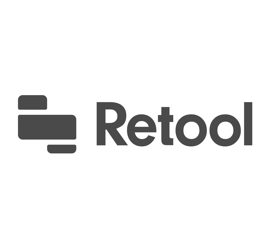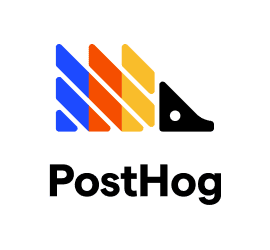Django Rest Framework (DRF)
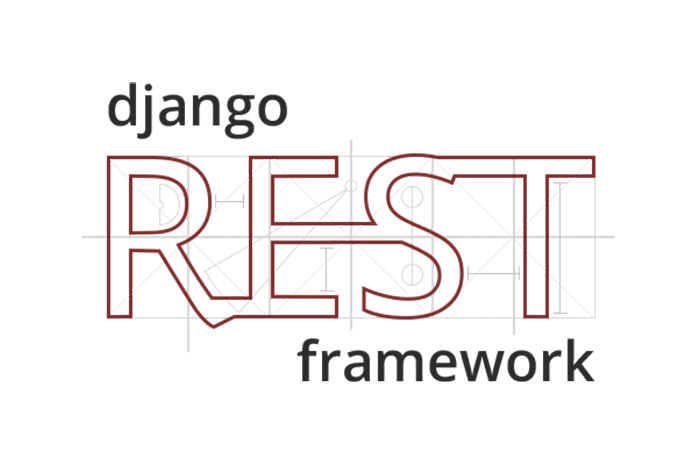
Overview
Django Rest Framework lets you create RESTful APIs: A way to transfer information between an interface and a database in a simple way. It separates user interface and data storage and communicates user and database sending a .json file.
The Django REST framework (DRF) is a toolkit built on top of the Django web framework that reduces the amount of code you need to write to create REST interfaces. It is a powerful and flexible toolkit for building Web APIs.
Reasons to use REST framework :
- The
Web browsable APIis a huge usability win for your developers. Authenticationpolicies including packages for OAuth1a and OAuth2.Serializationthat supports both ORM and non-ORM data sources.- Customizable all the way down - just use
regular function-based viewsif you don't need the more powerful features. - Extensive documentation, and
great community support. - Used and trusted by internationally recognised companies including Mozilla, Red Hat, Heroku, and Eventbrite.
Requirements
REST framework requires the following:
- Python (3.5, 3.6, 3.7, 3.8, 3.9)
- Django (2.2, 3.0, 3.1, 3.2)
The following packages are optional:
- PyYAML, uritemplate (5.1+, 3.0.0+) - Schema generation support.
- Markdown (3.0.0+) - Markdown support for the browsable API.
- Pygments (2.4.0+) - Add syntax highlighting to Markdown processing.
- django-filter (1.0.1+) - Filtering support.
- django-guardian (1.1.1+) - Object level permissions support.
Installation
Install using pip, including any optional packages you want.
pip install djangorestframework
pip install markdown # Markdown support for the browsable API.
pip install django-filter # Filtering support
or clone the project from github.
git clone https://github.com/encode/django-rest-framework
Add 'rest_framework' to your INSTALLED_APPS setting.
INSTALLED_APPS = [
...
'rest_framework',
]
To use the browsable API you'll probably also want to add REST framework's login and logout views. Add the following to your root urls.py file.
urlpatterns = [
...
path('api-auth/', include('rest_framework.urls'))
]
Note that the URL path can be whatever you want.
Example of using REST framework to build a simple model-backed API
Create a read-write API for accessing information on the users of our project.
Any global settings for a REST framework API are kept in a single configuration dictionary named REST_FRAMEWORK. Start off by adding the following to your settings.py module:
REST_FRAMEWORK = {
# Use Django's standard `django.contrib.auth` permissions,
# or allow read-only access for unauthenticated users.
'DEFAULT_PERMISSION_CLASSES': [
'rest_framework.permissions.DjangoModelPermissionsOrAnonReadOnly'
]
}
Don't forget to make sure you've also added rest_framework to your INSTALLED_APPS.
We're ready to create our API now. Here's our project's root urls.py module:
from django.urls import path, include
from django.contrib.auth.models import User
from rest_framework import routers, serializers, viewsets
# Serializers define the API representation.
class UserSerializer(serializers.HyperlinkedModelSerializer):
class Meta:
model = User
fields = ['url', 'username', 'email', 'is_staff']
# ViewSets define the view behavior.
class UserViewSet(viewsets.ModelViewSet):
queryset = User.objects.all()
serializer_class = UserSerializer
# Routers provide an easy way of automatically determining the URL conf.
router = routers.DefaultRouter()
router.register(r'users', UserViewSet)
# Wire up our API using automatic URL routing.
# Additionally, we include login URLs for the browsable API.
urlpatterns = [
path('', include(router.urls)),
path('api-auth/', include('rest_framework.urls', namespace='rest_framework'))
]
You can now open the API in your browser at http://127.0.0.1:8000/, and view your new 'users' API. If you use the login control in the top right corner you'll also be able to add, create and delete users from the system.
Funding
REST framework is a collaboratively funded project. Every single sign-up helps us make REST framework long-term financially sustainable.
Some of the premium backers are:
License
Copyright © 2011-present, Encode OSS Ltd. All rights reserved.
Redistribution and use in source and binary forms, with or without modification, are permitted provided that the following conditions are met:
Redistributions of source code must retain the above copyright notice, this list of conditions and the following disclaimer.
Redistributions in binary form must reproduce the above copyright notice, this list of conditions and the following disclaimer in the documentation and/or other materials provided with the distribution.
Neither the name of the copyright holder nor the names of its contributors may be used to endorse or promote products derived from this software without specific prior written permission.
THIS SOFTWARE IS PROVIDED BY THE COPYRIGHT HOLDERS AND CONTRIBUTORS "AS IS" AND ANY EXPRESS OR IMPLIED WARRANTIES, INCLUDING, BUT NOT LIMITED TO, THE IMPLIED WARRANTIES OF MERCHANTABILITY AND FITNESS FOR A PARTICULAR PURPOSE ARE DISCLAIMED. IN NO EVENT SHALL THE COPYRIGHT HOLDER OR CONTRIBUTORS BE LIABLE FOR ANY DIRECT, INDIRECT, INCIDENTAL, SPECIAL, EXEMPLARY, OR CONSEQUENTIAL DAMAGES (INCLUDING, BUT NOT LIMITED TO, PROCUREMENT OF SUBSTITUTE GOODS OR SERVICES; LOSS OF USE, DATA, OR PROFITS; OR BUSINESS INTERRUPTION) HOWEVER CAUSED AND ON ANY THEORY OF LIABILITY, WHETHER IN CONTRACT, STRICT LIABILITY, OR TORT (INCLUDING NEGLIGENCE OR OTHERWISE) ARISING IN ANY WAY OUT OF THE USE OF THIS SOFTWARE, EVEN IF ADVISED OF THE POSSIBILITY OF SUCH DAMAGE.
See Also :
- For Documentation, visit https://www.django-rest-framework.org/.
- Github : https://github.com/encode/django-rest-framework/tree/master
- For questions and support, use the REST framework discussion group, or
#restframeworkon libera.chat IRC.

